Josephine Baker
April 6
1798—One of the nation’s most famous and accomplished early Black pioneers, James Beckwourth, is born. The product of a White slave owner and a Black slave mother, Beckwourth acquired his freedom and became a successful fur trader. He would later become a scout for the Rocky Mount Fur Company. However, in 1824, he joined the Crow Indian nation and married a Crow woman. He would later move west where he discovered an important passageway through the Sierra Nevada Mountain Range. The passage was named “Beckwourth Pass,” after him.
1846—Dred Scott and his wife, Harriet, first file suit claiming their freedom. The case would eventually lead to Supreme Court Justice Roger B. Taney’s infamous “Dred Scott Decision” in 1857. Scott had basically argued that by being taken from the slave state of Missouri and living in free states or territories for seven years he was in effect a free man. The case finally reached the U.S. Supreme Court. In a 7 to 2 decision written by 80-year-old Chief Justice Taney, himself a former slaver owner, Scott’s argument was rejected. In one of the most racist Supreme Court decisions ever issued, Justice Taney ruled that neither Blacks nor their descendants could be U.S. citizens and thus had no right to sue for their freedom in U.S. courts. Taney capped off the ruling by saying, “A Negro had no rights a White man was bound [required] to respect.”
April 7
1712—The New York City slave rebellion occurs. A group of 27 slaves began setting fires in the city and shooting Whites. At least a dozen Whites were killed before the state militia arrived to brutally put down the rebellion. Following the revolt, slave codes were toughened, 21 Blacks were executed and six committed suicide.
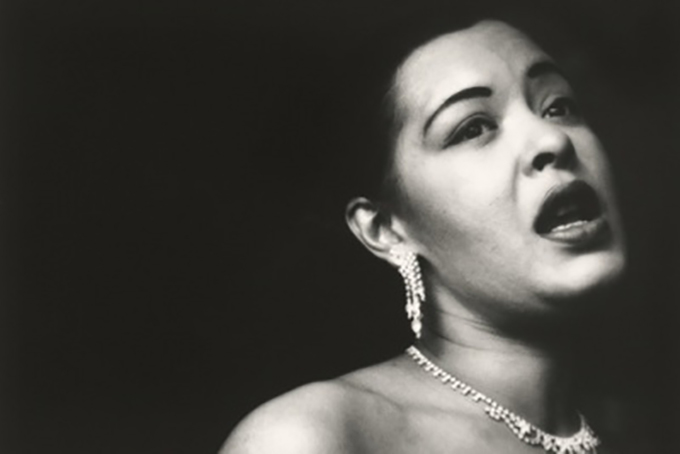
1915—1915—Billie Holiday is born. She would go on to become the greatest blues and jazz singer of her era with songs like “The Man I Love” and “God Bless the Child Whose Got His Own.” She was born to a 13-year-old mother and began her working career as a small girl helping to clean up a Baltimore, Md., whorehouse—a house in which she was also raped. Holiday made money from her performances despite the fact that she never received any royalties from any of the 200 songs she recorded. Drug use was a factor in her premature death at 44.
April 8

1974—Hammering Hank Aaron of the Atlanta Braves breaks the homerun record of the legendary Babe Ruth when he hit his 715th homer during a game at Atlanta Stadium.
1990—Scientist Percy Julian, who developed drugs to combat glaucoma and methods to mass produce cortisone, is admitted into the National Inventors Hall of Fame.
April 9
1865—Black regiments led an assault on and eventually captured a key Southern fort helping bring the Civil War to an end. The nine regiments led by Gen. John Hawkins smashed through Confederate defenses at Forth Blakely, Ala. The 68th Division of USCT (United States Colored Troops) had some of the highest casualties of the Civil War.
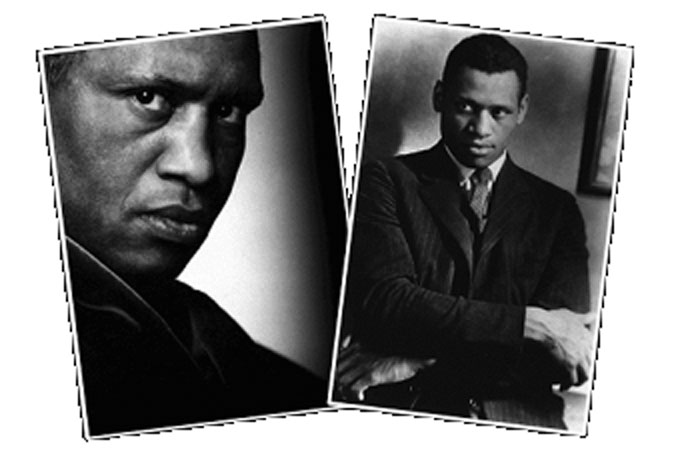
1898—Paul Bustill Robeson is born in Princeton, N.J. Robeson would go on to become the greatest combination of entertainer and social activist in American history. He was a Phi Beta Kappa graduate of Rutgers University while simultaneously being one of the school’s greatest football stars. After graduation he turned to entertainment—acting and singing on stage and in early movies. However, he was also an outspoken critic of American racism and imperialism while being a strong proponent of socialism. This made him the target of a government disruption and destruction campaign. The campaign did not truly produce results until the anti-communist hysteria of the 1950s. Concert halls were closed to Robeson, the media began to attack him unrelentingly, established Black leaders began to shun him and the government took his passport so he could not perform and earn money abroad. Nevertheless, he remained a symbol that would later inspire activist entertainers such as Ossie Davis and Harry Belafonte. Robeson died in Philadelphia Jan. 23, 1976.
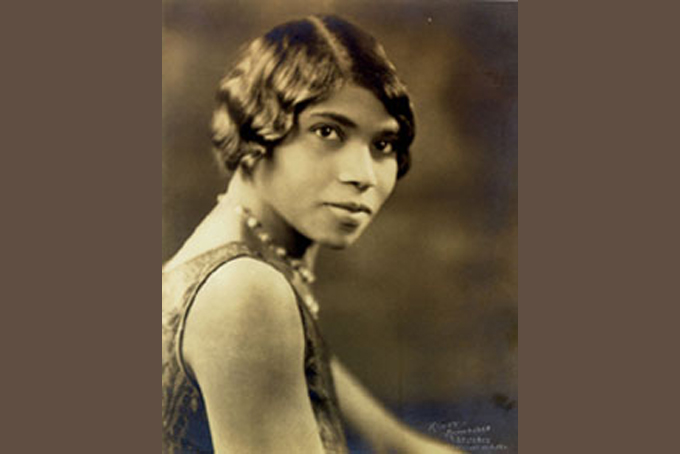
1939—Operatic star Marian Anderson performs for an estimated 65,000 people on the steps of the Lincoln Memorial in Washington, D.C., after the Daughters of the American Revolution make a racist decision denying her the right to perform at Constitution Hall.
April 10

1943—Tennis great Arthur Ashe is born in Richmond, Va. Ashe’s spectacular abilities on the tennis court enabled him to become the first Black member of the American Davis Cup team; the first Black to win the U.S. Open and the first Black to win the men’s single’s title at Wimbledon in England. Unfortunately, Ashe would die of AIDS after receiving a contaminated blood transfusion.
April 11

1948—On this day Jackie Robinson signed a contract that would officially make him the first African American to play in Major League Baseball. Robinson became a symbol of pride for Blacks as well as a star player. However, the admitting of Blacks into Major League Baseball helped bring about the demise of the old Negro Baseball League whose teams had become major economic institutions in cities throughout the nation.
1967—The voters of Harlem, N.Y., defy Congress and re-elect the outspoken and often flamboyant
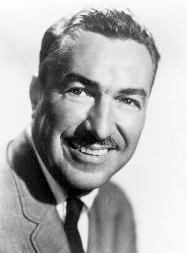
His opponents in Congress had recently expelled him. The decision of the Harlem voters was rendered legally sound when the United States Supreme Court later ruled that the congressional expulsion was unconstitutional. Powell was returned to Congress, but without his seniority. He died April 4, 1972 in Miami, Fla.
April 12
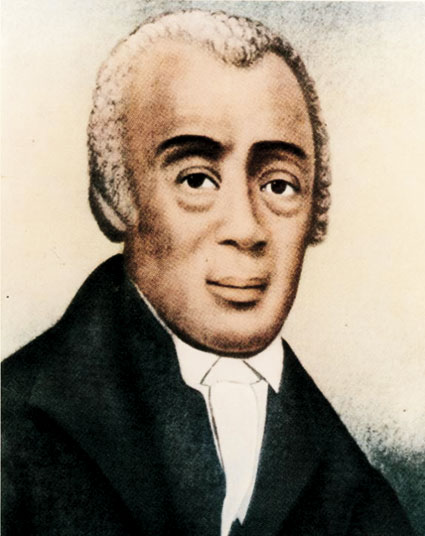
1787—Famous Black clergymen Richard Allen and Absalom Jordan organized the Free Africa Society which is believed to be the first Black self-help organization or mutual aid society in America. The two, especially Allen, attempted to better life for Blacks through the organization of separate Black controlled institutions. Allen is also the founder of the African Methodist Episcopal Church.
1861—The Confederates attack Fort Sumter in the Charleston, S.C., harbor setting off the Civil War. Thinking the recent election of Abraham Lincoln would lead to the ending of slavery, the Southerners struck first in a bid to form a separate, White-controlled, slave-owning nation.
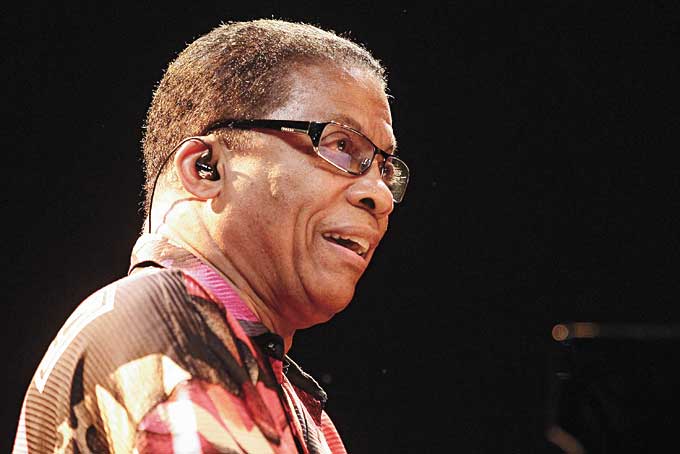
1940—Contemporary jazz composer and musician Herbie Hancock is born in Chicago, Ill.
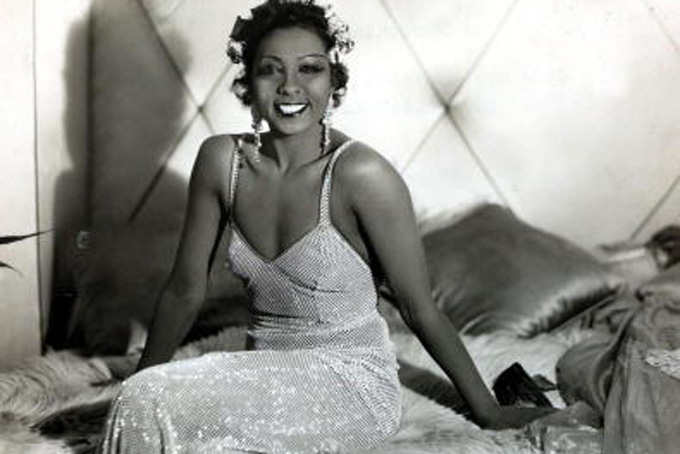
1975—Josephine Baker dies. She was born Freda Josephine McDonald in St. Louis, Mo., in 1906. Baker left the United States for France in 1925 seeking a career as a dancer. She achieved fame throughout Europe, becoming a versatile and sensational performer with her often revealing dances. During World War II she even aided the French resistance in its battle against occupation by the forces of Nazi Germany.